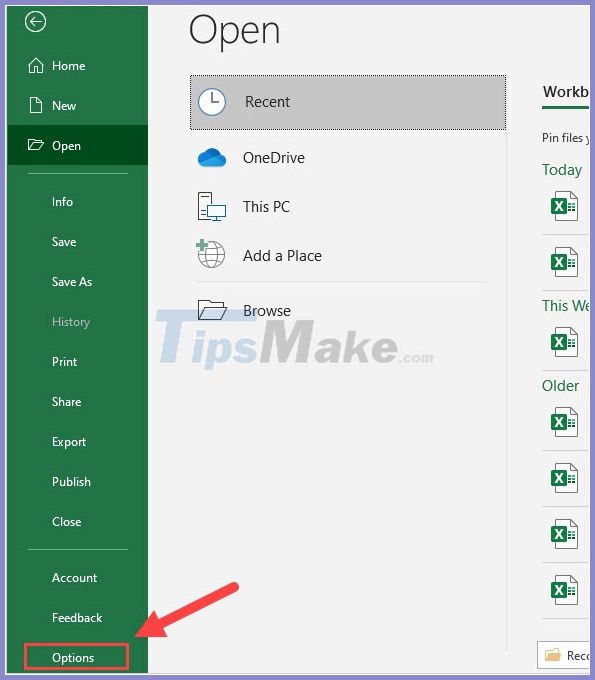5 Essential Documents for Selling Your House

5 Essential Documents for Selling Your House

When you decide to sell your house, one of the most critical aspects of the process involves gathering and preparing the necessary documentation. Having these documents at the ready not only simplifies the sale process but also instills confidence in potential buyers, showing that you've managed the property efficiently. Here are five key documents every seller should have:
1. Title Deed

Your title deed is perhaps the most fundamental document when selling your property. It proves that you have legal ownership of the house and land. The title deed includes details like:
- Property boundaries
- Ownership information
- Details of any covenants or restrictions
This document is crucial because it ensures that there are no disputes over ownership, which can derail or delay a sale.

📘 Note: If there's a mortgage on the property, the title deed will be held by your lender. You'll need to work with them to release the deed during the sale process.
2. Current Mortgage Document

If you still owe money on your property, you'll need your mortgage document. This details the:
- Outstanding balance
- Interest rates
- Terms of repayment
Your potential buyer or their lender might want to know if they need to settle the remaining mortgage or if the property is free from such encumbrances.
3. Property Survey Report

A property survey provides an official record of your property's boundaries, structures, and any potential encroachments. Here are some benefits:
- It helps in resolving boundary disputes
- Confirms the legal size and configuration of the land
- Can reveal any unpermitted structures
Having an up-to-date survey can expedite the sale by preventing surprises later in the transaction process.
| Survey Element | Description |
|---|---|
| Property Lines | Marks the exact boundaries of the land |
| Easements | Indicates any legal rights of way or use |
| Structures | Includes details on buildings, sheds, and fences |
| Encroachments | Identifies if any part of the property extends onto or into another property |

4. Building Inspection Report

A building inspection report highlights any structural issues or needed repairs, providing transparency:
- It reassures buyers that there are no hidden problems
- It can be used as leverage to negotiate the sale price if issues are found
This report will cover:
- Condition of the roof, walls, foundation, and other structural elements
- Electrical and plumbing systems
- Any presence of mold, pests, or other potential hazards
5. Property Tax Bills

Potential buyers need to know about property taxes to understand future financial commitments. Present the last two to three years of property tax bills to:
- Show the consistency or increases in the tax rates
- Provide evidence of timely tax payments
- Allow buyers to budget for future tax liabilities
🔍 Note: Tax bills can be used during price negotiations if they show a significant increase, which might necessitate a price adjustment.
The journey of selling your home is streamlined significantly by having all these documents prepared in advance. They offer a clear picture of the property's history, legal status, and financial obligations, which can accelerate the sale process and reduce complications. Preparing these documents in a meticulous manner will not only make your property more attractive to potential buyers but also demonstrate your commitment to a smooth transaction, potentially leading to a quicker and more profitable sale.
What if my title deed is missing?

+
If you can’t find your title deed, contact the land registry or local records office to request a copy. This process might take some time, so start early.
How can I prepare my property for a survey?

+
Ensure that your property is accessible, clear any obstructions, and inform neighbors about the survey if their property lines are involved.
Can a buyer waive the need for a building inspection?

+
Yes, although it’s risky. Buyers might waive the inspection to expedite the purchase, but this could lead to unforeseen expenses if structural issues are discovered later.



